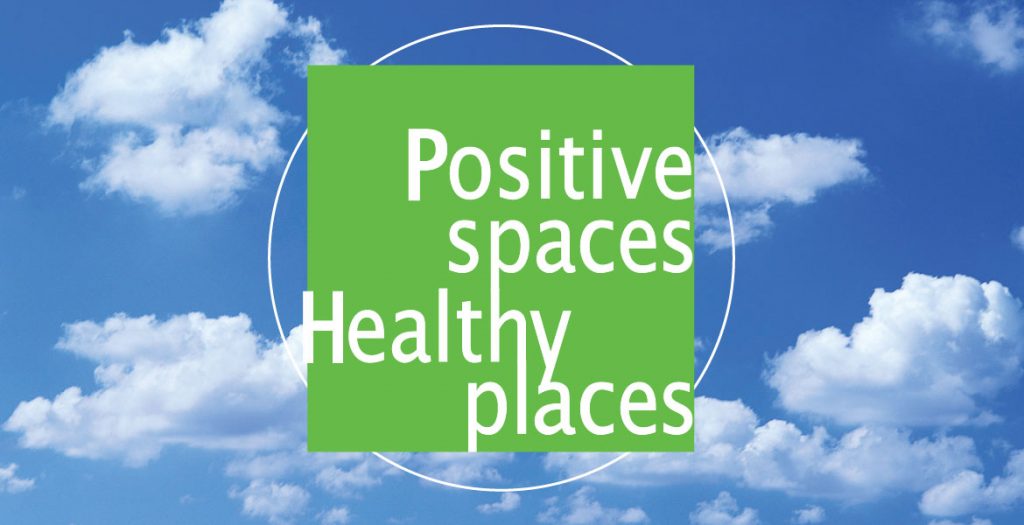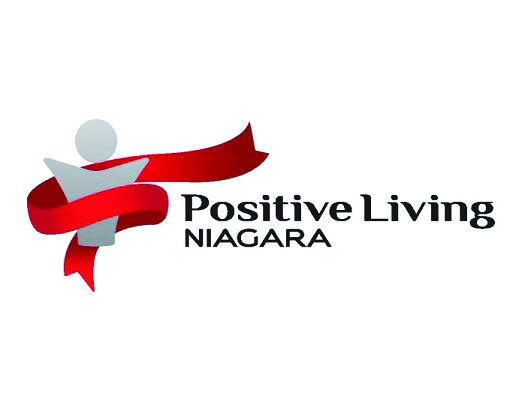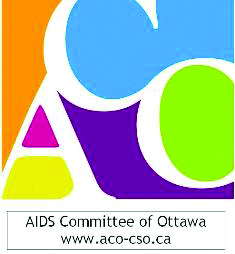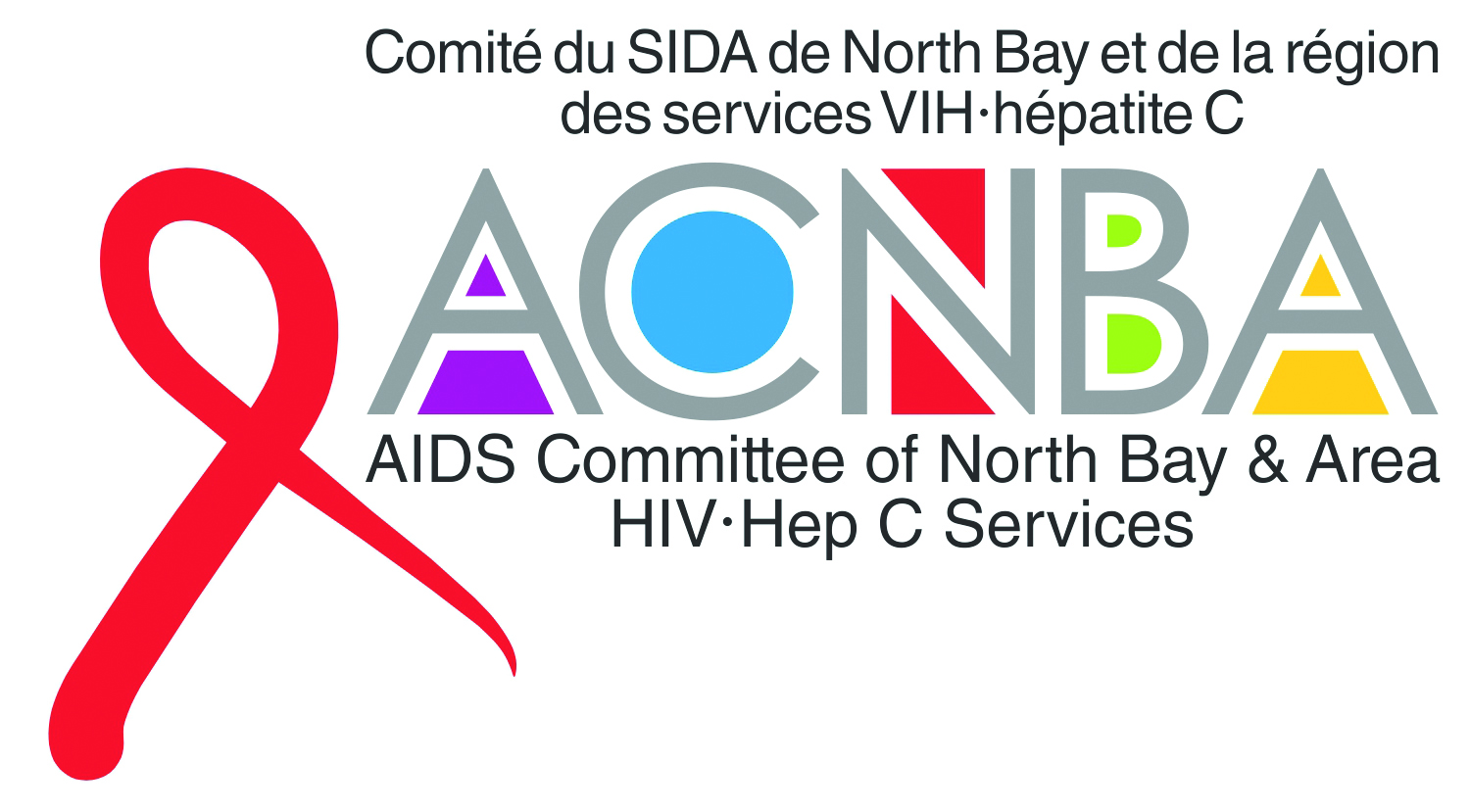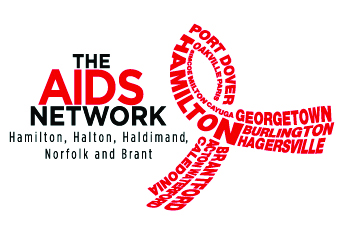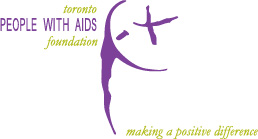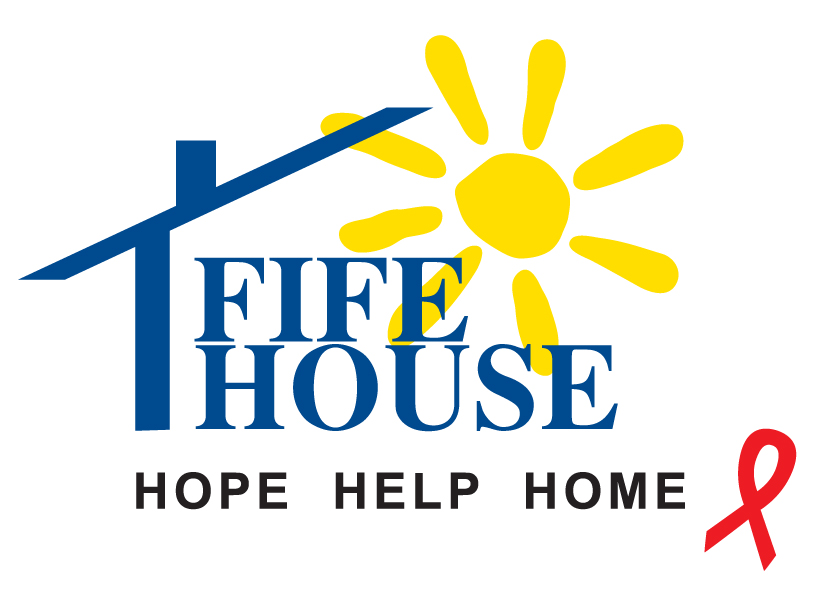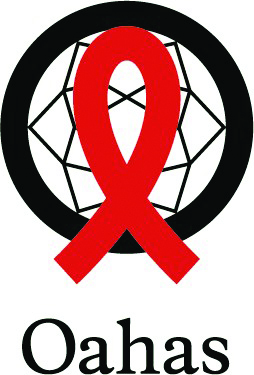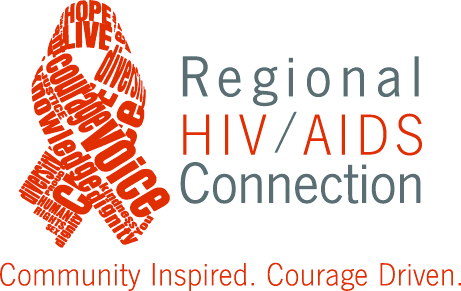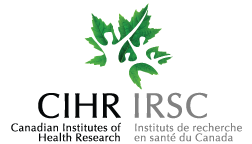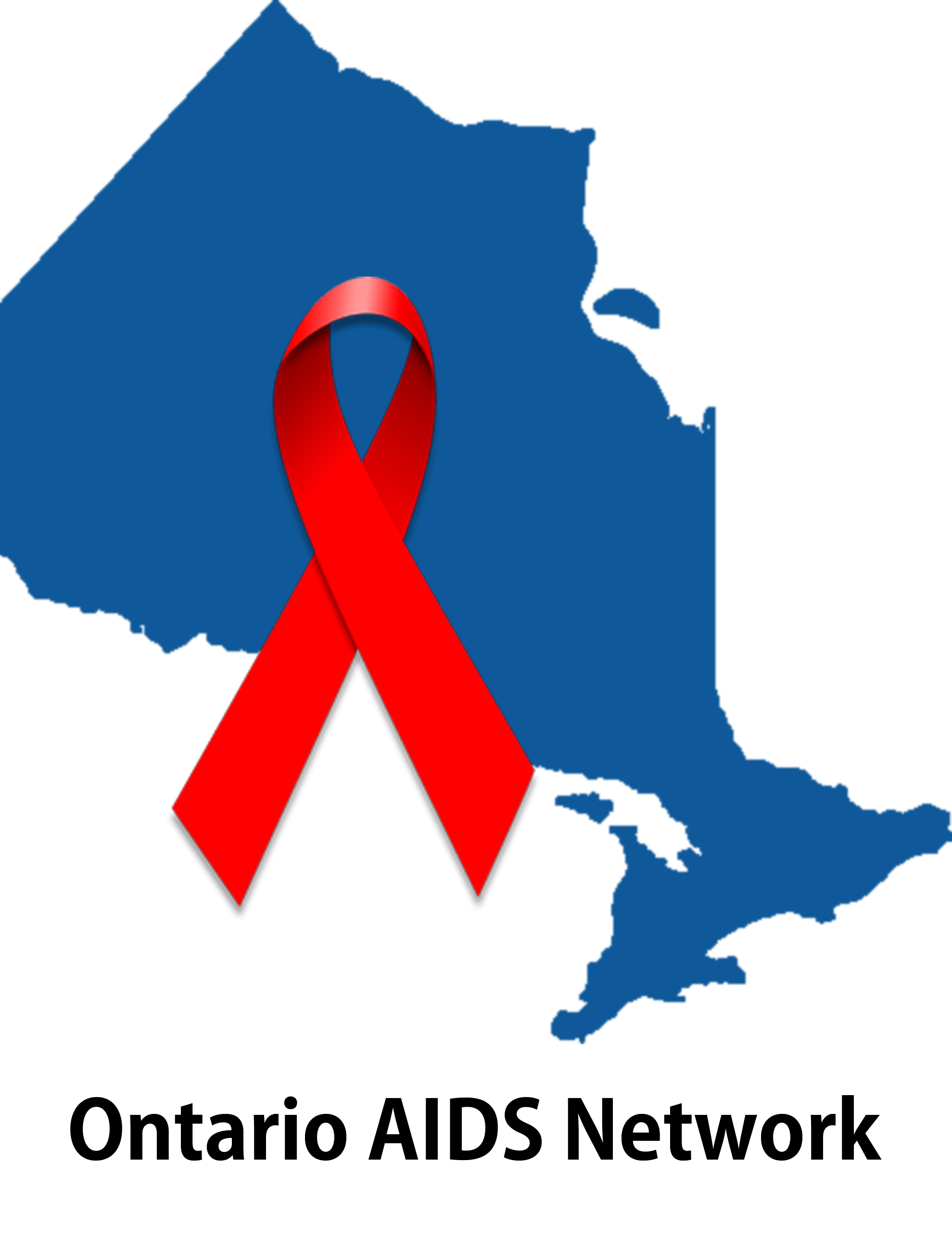Positive Spaces Healthy Places, a longitudinal community-based research study, funded by CIHR, was designed to better understand the depth and breadth of housing issues faced by people living with HIV. Beginning in 2005, more than 600 people were interviewed by the study’s Peer Research Assistants. Study findings highlight the impact of unstable housing on physical and mental health-related quality of life, the unique challenges faced by Indigenous peoples, and the importance of addressing poverty and inequality in relation to housing issues.
Key Stats:
Among participants in Positive Spaces Healthy Places:
- 87% were unable to meet their basic needs for food, clothing, or housing
- 75% had a monthly income under $1,500
- 50% experienced housing instability
- 50% spent 30% or more of their income on housing
- 42% found it difficult to meet housing costs
- 40% of women experienced housing related discrimination
- 30% were at risk of losing their homes
- 25% felt they did not belong in their neighborhoods
- 23% moved in the last year, of which nearly 60% moved more than twice
Compared to people with stable housing, participants who were homeless or unstably housed were also 2 to 4 times more likely to have recently participated in high-risk behaviors, including drug use, needle use or unsafe sex exchange.
Publications:
To request the full text of these papers, please contact us.
Positive Spaces Healthy Places: HIV, Housing and Health Research in Action
This report, written in 2015, outlines the purpose, methodology, findings and results of PSHP. It’s the best place to start if you want an overview of the whole study. Download the pdf.
Food insufficiency, housing and health-related quality of life: results from the Positive Spaces, Healthy Places study
First published in AIDS Care: Psychological and Socio-medical Aspects of AIDS/HIV in 2015, this paper demonstrates a correlation between food insufficiency, housing instability and poorer physical and mental health. Findings reinforce the importance of addressing the social determinants of health as an integral part of HIV care. View the abstract.
Not Just “A Roof over Your Head”: The Meaning of Healthy Housing for People Living with HIV
Published in Housing, Theory and Society in 2014, this paper presents a qualitative analysis of responses from 48 study participants on topics related to housing cost, stability and safety, as well as social isolation. Findings emphasize the importance of seeing housing as something that supports the physical, mental, emotional and social well-being of people living with HIV. Read this article on Taylor Francis (open access).
Direct and Indirect Effects of Perceived Social Support on Health-Related Quality of Life in Persons Living with HIV/AIDS
First published in AIDS Care: Psychological and Socio-medical Aspects of AIDS/HIV in 2012, this paper demonstrates that perceived social support correlates with better physical and mental health and lower scores on measures of depression. The findings also reveal a direct association between measures of depressive symptoms and a history of homelessness and substance use. View the abstract.
Housing Characteristics and Their Influence on Health-Related Quality of Life in Persons Living with HIV in Ontario, Canada
This paper, published in 2012 in AIDS and Behaviour, demonstrates that less difficulty in meeting housing costs correlates with higher mental and physical health-related quality of life for people living with HIV. The results emphasize the importance of portable rental assistance programs that allow individuals to find housing in neighbourhoods and communities of their choice. View the abstract.
Social Determinants of Health in HIV/HCV Co-infection Compared to HIV Infection Only
First published in Open Medicine in 2011, this paper examines the range of social determinants of health associated with HCV co-infection among people living with HIV in Ontario. The results show that co-infected participants have more history of homelessness, perceive more discrimination, are more likely to have moved two or more times in the past year, and express more dissatisfaction with their homes’ locations. Read this Open Medicine article (open access).
Inequalities in Determinants of Health Among Aboriginal and Caucasian Persons Living with HIV/AIDS in Ontario
Published in Canadian Journal of Public Health in 2011, this paper compares data on Indigenous and Caucasian PSHP participants and reveals that Indigenous participants were more likely to be young, female, trans, or heterosexual. They were also more likely to have a history of incarceration and homelessness, to live in unstable housing, and to report perceived housing discrimination. The results highlight the need for housing strategies for Indigenous people to account for their unique experiences and needs. Read this article on Research Gate (open access).
Between Skepticism and Empowerment: The Experiences of Peer Research Assistants in HIV/AIDS Housing and Homelessness Community-Based Research
This paper, published in the International Journal of Social Research Methodology in 2009, recounts the lessons learned from focus groups with PSHP’s Peer Research Assistants. Results highlight challenges and benefits derived from integrating PRAs into the research team, as well as the unique difficulties they faced as researchers. Special emphasis is placed on the skill-building component of the PRA model. View the abstract.
Housing Status and Health Outcomes in Aboriginal People Living with HIV/AIDS in Ontario
This paper, published in the Canadian Journal of Aboriginal Community-Based HIV/AIDS Research in 2009, explores the experience of Indigenous participants living off reserve, including differences in the experience of First Nations participants, who seemed to fare worse. The paper reports that First Nations participants experienced homophobia and AIDS-phobia both on and off reserve, highlighting the need for First Nations communities to be part of the solution. Read this article on the CAAN website (open access).
“Under My Umbrella”: The Housing Experiences of HIV-Positive Parents who Live with and Care for Their Children in Ontario
First published in Archives of Women’s Mental Health in 2009, this qualitative paper explores the experience of families affected by HIV. It highlights the challenges related to being an HIV-positive parent, including: sporadic adherence to medication; living in inappropriate or unsafe housing situations; stigma and discrimination; poverty; and concerns for the future of their children. View the abstract.
Other Study Resources:
Healthier Together: The CIHR Partnerships Casebook (featuring PSHP)
Fact Sheet: Investing In Housing Is Good Policy
Fact Sheet: Housing is Prevention
Fact Sheet: Stigma and Discrimination in Housing
Fact Sheet: Toward a Housing and HIV Strategy for South West Ontario
Fact Sheet: Toward a Housing and HIV Strategy for the Greater Toronto Area
Fact Sheet: Toward a Housing and HIV Strategy for the Central-East Ontario
Fact Sheet: The Impact of Housing on Quality of Life
Fact Sheet: Why Support A National Housing Initiative?
